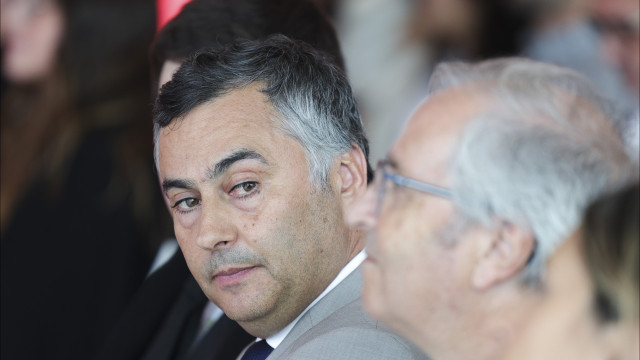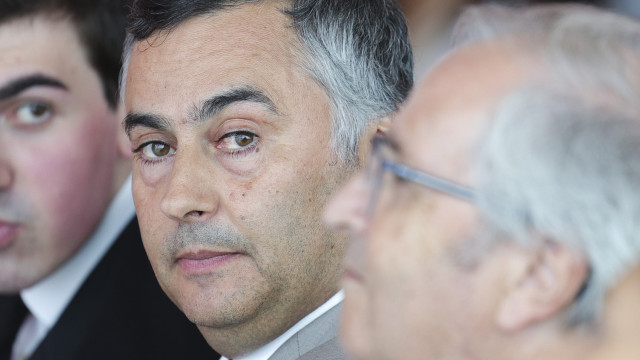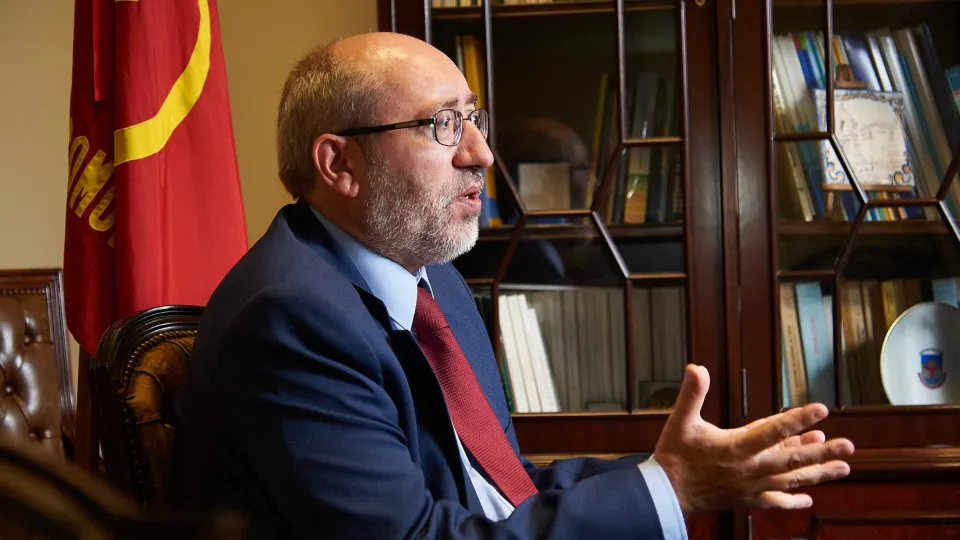The National Youth Council (CNJ), representing Portuguese youth organizations, has expressed its opposition to a proposed measure, stating it poses a further barrier to students attending public higher education. A statement issued by the platform argues that “abolishing tuition fees guarantees a truly universal and public education system,” ensuring “effective equal opportunities for all.”
The Education Minister announced on Tuesday that tuition fees for degrees, unchanged since 2020, will increase from 697 to 710 euros starting in the academic year 2026/2027.
Fernando Alexandre contended that the freeze “favors higher-income students,” arguing that tuition fees are crucial for higher education institutions to pursue “excellence strategies.”
According to the CNJ, this increase is “in no way justified,” given that “Portugal is the second European Union country where family contributions weigh most heavily on student budgets, and only 13% of the beds planned under the National Plan for Accommodation in Higher Education are ready.”

Young graduates from higher education who are not yet benefiting from tuition fee refunds will be able to receive the qualifications appreciation award, but will have to choose between this support or the IRS Jovem.
Lusa | 18:17 – 02/09/2025
The platform argues that higher education should be funded “through the State Budget and not at the expense of students,” adding that increasing tuition fees “contradicts the need to strengthen education’s role as a driver of development and social cohesion.”

The government confirmed on Tuesday that tuition fees, unchanged since 2020, will indeed rise to 710 euros in the next academic year (2026/2027). Students have vowed to resist, but the Education Minister dismisses the criticism.
Natacha Nunes Costa with Lusa | 08:37 – 03/09/2025




